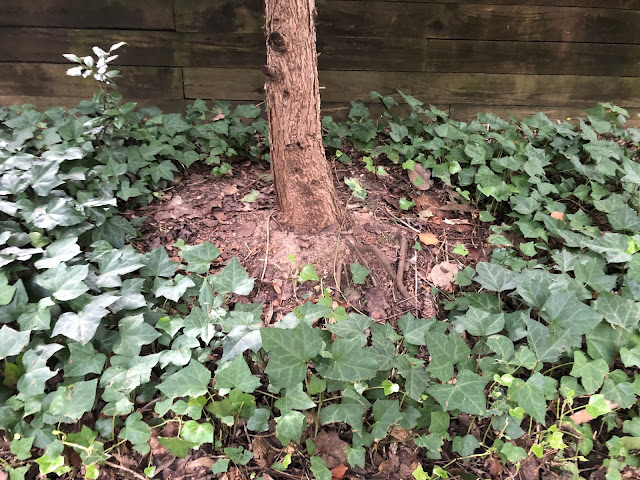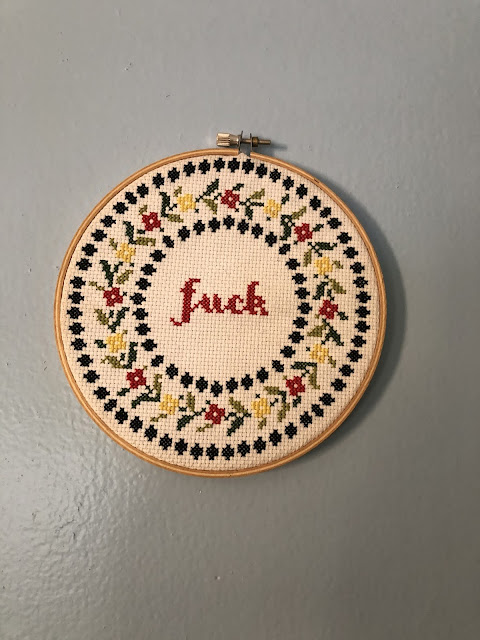Before I had studied Zen for thirty years, I saw mountains as mountains, and rivers as rivers. When I arrived at a more intimate knowledge, I came to the point where I saw that mountains are not mountains, and rivers are not rivers. But now that I have got its very substance I am at rest. For it's just that I see mountains once again as mountains, and rivers once again as rivers. - D.T. Suzuki, Essays in Zen Buddhism
Looking at this world, we see right and we see wrong. Good and evil. We see ignorance and understanding, we see potential, we see life and death, and we see freedom and oppression. We see rivers and mountains. We can be quite sure that we see problems in the world and the social, political, and military solutions needed to correct those problems, even as others seem to see the exact opposite.
But when the distinction between the observer and the world that is observed drops away, as happens in meditation among other experiences, then there is no ignorance and no understanding, no freedom and no oppression, and no life and no death. Suddenly, there are no problems and no solutions to problems. No one's right and no one's wrong.
Two different points of view - the absolute ("this is this" and "that is that") and the relative ("this is this" only from one perspective; since "this" is "that" from another perspective, "this" and "that" have no real meaning). From the absolute point of view, there are myriad pairs of opposite conditions, while the relative point of view does not distinguish between those dualities.
But "absolute" and "relative" are themselves just another duality, two opposing POVs. Therefore, we have a third POV that transcends the absolute and the relative. We'll call this the "transcendental" POV that rises above choosing one position or the other, and simultaneously accepts both the relative and the absolute. "This" is indeed "this," and "this" is also "that" (as well as "neither this nor that"). From the transcendental POV, there once again can be ignorance and understanding, liberty and oppression, and life and death (as well as the absence of all three).
But this all becomes a philosophical argument and an exercise in semantics. From a fourth and final POV, the practical, we cay that while it is like this, flowers, while loved, fade, and weeds, while despise, flourish.




















































